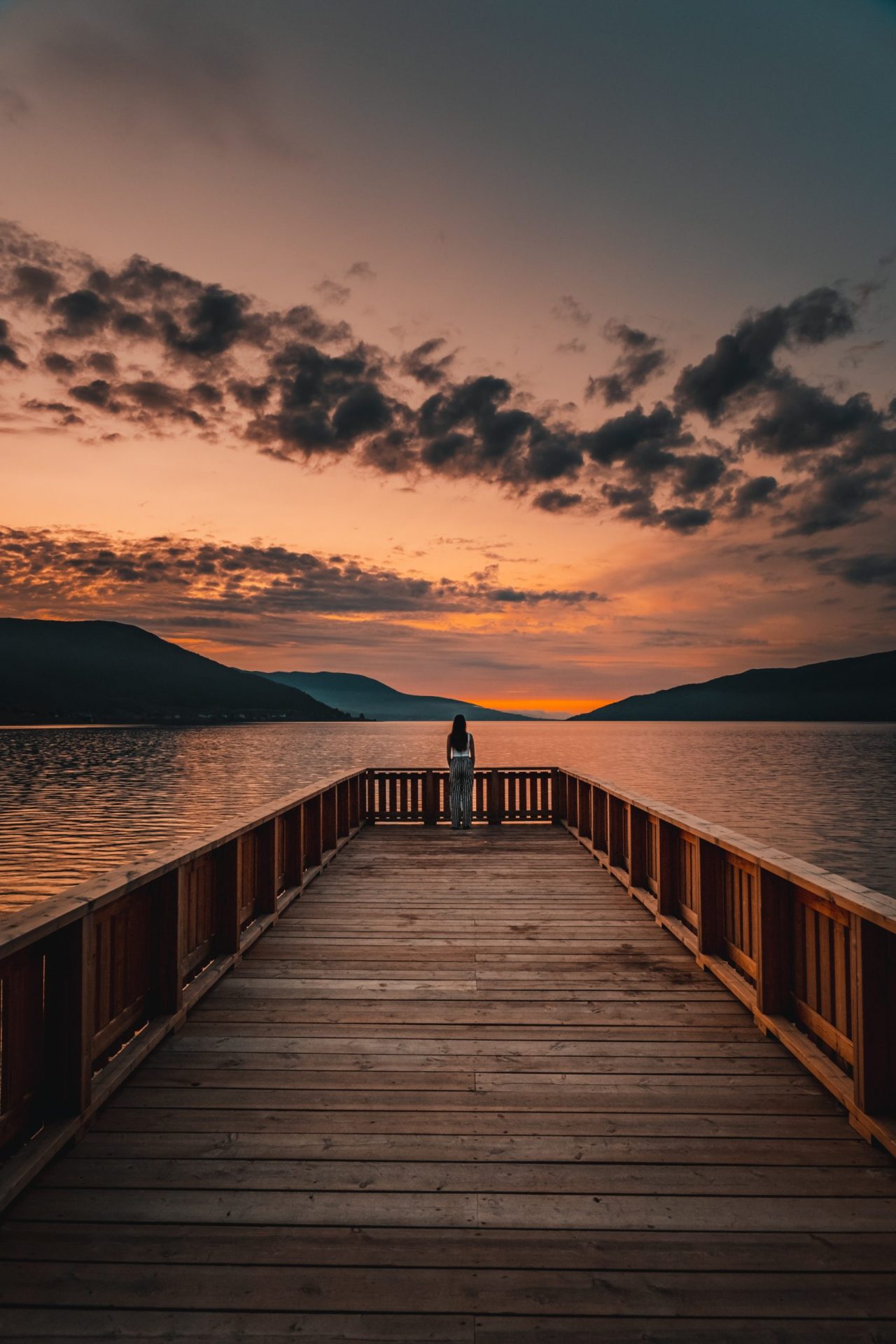
Before I Die, This Is What I Want You To Know
If I knew when and how I’d take my last breath, I wouldn’t have a bucket list of things I’d want to do, only some things I’d like to say.
I am not dying. At least, no more than we are all dying. No one lives forever.
But I often think about death — my relationship with the subject forged by multiple traumas, a complicated medical history, and compounding mental health disorders.
I have always been keenly aware of death’s inevitability. Even as a child.
So, I am not thinking about this — writing this — because I believe I will die soon, only because I know I will die eventually. To me, it feels just as likely to be tomorrow as it does to be 58 years from now — and even more likely to fall on some unassuming day in between those two points.
If I were to know when and how I’d take my last breath, I wouldn’t have a bucket list of things I’d want to do before that date. I wouldn’t care about the places I never got to see or that I never went scuba diving or parachuting. All I’d really want is to make sure the people I love felt loved by me, knew my love for them without question or doubt, and felt capable of carrying my love for them forward into the rest of their lives after I’m gone.
I’d want to make it easier for my loved ones to live their lives after my death.
So, before my death, I would want to say:
You can remember the real me. So often, after death, we feel like it is taboo to talk about anything but the good qualities and the best of times. I’ve been to enough funerals to see how the incredibly complicated person in life suddenly, once deceased, becomes the sweetest, most perfect soul anyone ever met. You know how much I cherish authenticity. Don’t compromise mine or your own by trying to remember me as anything other than the deeply flawed and struggling human I truly was in my life. Retell all the stories — good and bad and sad. Remember the real me. The me who planned parties and loved to go to concerts and travel but who also just wanted to stay home and was always ready for the event to be over. The me who delighted in good books and good movies and food I didn’t have to cook. The me that hated societal pressures and was usually at odds with what was considered normal. The socially awkward me who was either talking too much or not enough. The me that was anxious and irritable and often depressed. Remember that I was working to improve myself, heal my mental health, and stand more boldly in my authenticity. Remember that I was striving to be a better partner, a better parent, a better person — because I knew I had a lot of room for improvement in all of those roles.
I knew I was loved. I struggled with my mental health in ways that often made me feel unlovable, but still, I always knew I was loved. Always. Even when we were all struggling, I knew I was important to you. I saw how much you cared for me. Your love kept me going through all of my darkest days.
It wasn’t your fault. I don’t know the circumstances of how I’ll die, but I feel very certain that, however it happens, you did not cause it. And I am not saying, “It was just my time,” either. I don’t believe that any more than I believe in victim-blaming. Crappy things happen and you don’t need divine purpose or meaning from them. Nor do you need to assign blame.
Don’t go through this alone. You don’t have to “be strong.” Don’t try to process it all on your own. And don’t rely solely on others who are sharing in your grief, either. You need each other, yes — support each other and be there for one another, but respect each other’s limitations as well. Find a therapist. Please. You know I believe therapy is for everyone — that every single person would benefit from routine check-ins with the right therapist. But specifically in grief, get the support of a therapist you can talk to and cry in front of and who will help you process all your complicated emotions and thoughts — especially the ones you feel like you can’t tell anyone else about.
It’s okay to be happy. It’s okay to find joy, to smile and laugh and feel good. And I hope you do. These things will not dishonor my memory. It’s okay to feel happiness and sadness, grief and joy, all at the same time. It’s okay if the sadness fades and the happiness grows. And I hope it does. Finding joy in your future will not diminish our past together.
I don’t know when and how I’ll take my last breath. But before my death, I’d want to say: I love you. I have loved you through all the best and worst days of our lives together. And I hope my love gives you strength and the bone-deep conviction that you are lovable just as you are, just for being you.
If you are in crisis, please reach out to the National Suicide Prevention Lifeline: 800–273–8255 / suicidepreventionlifeline.org
